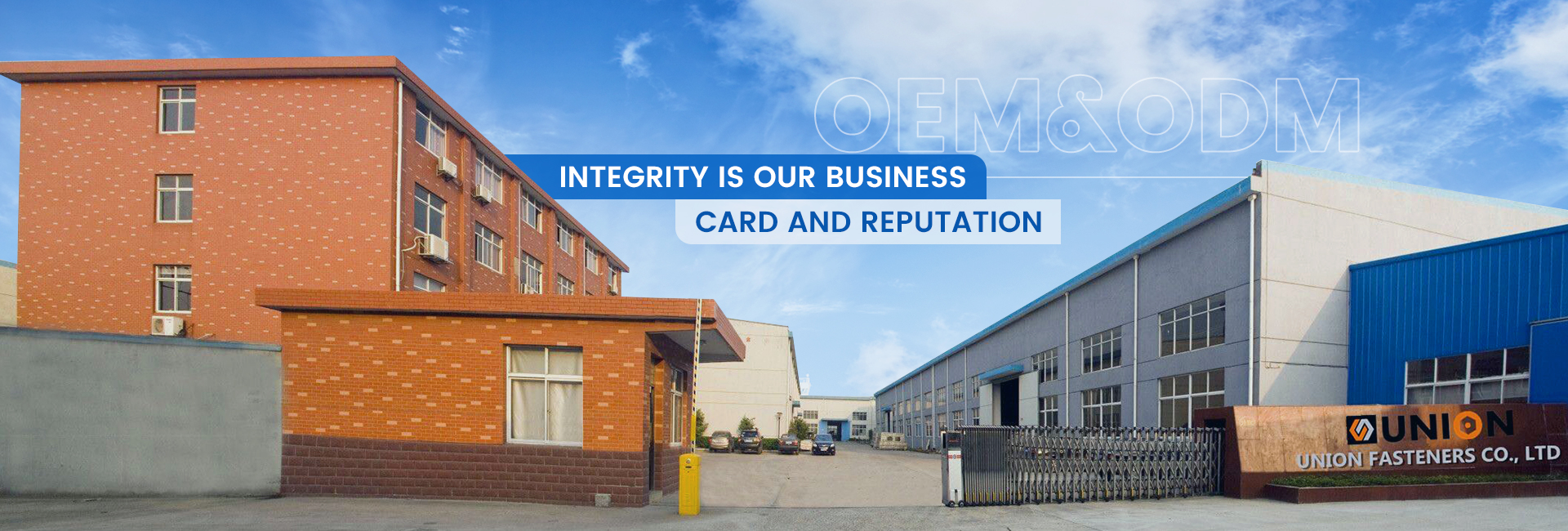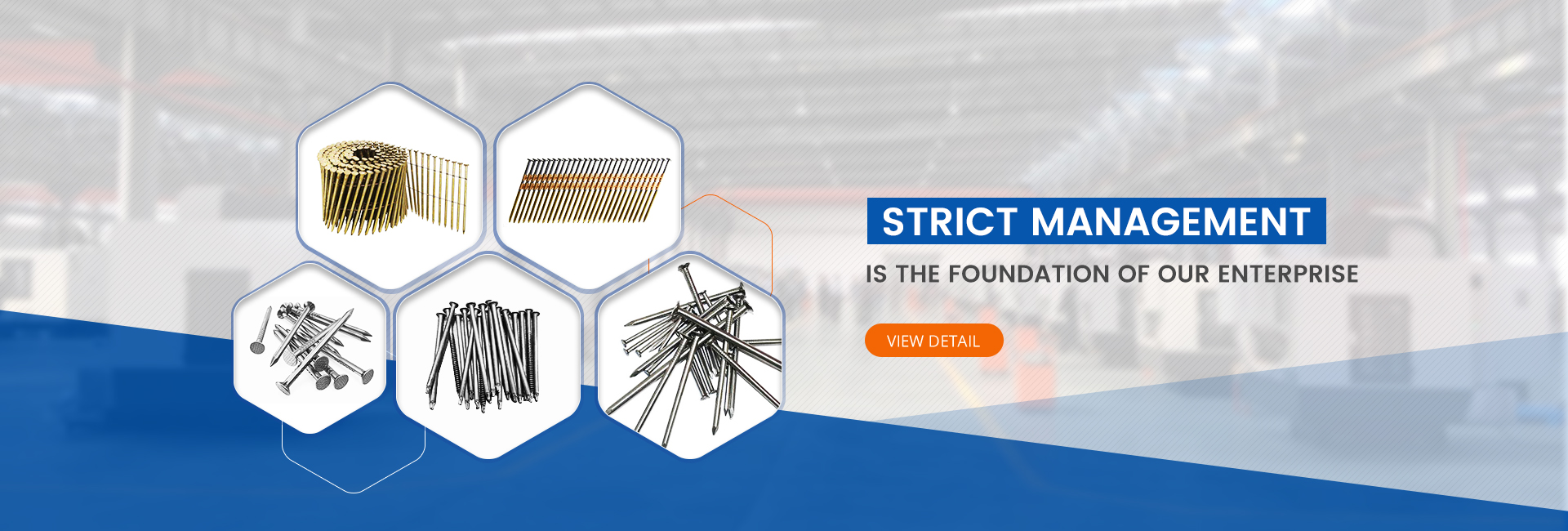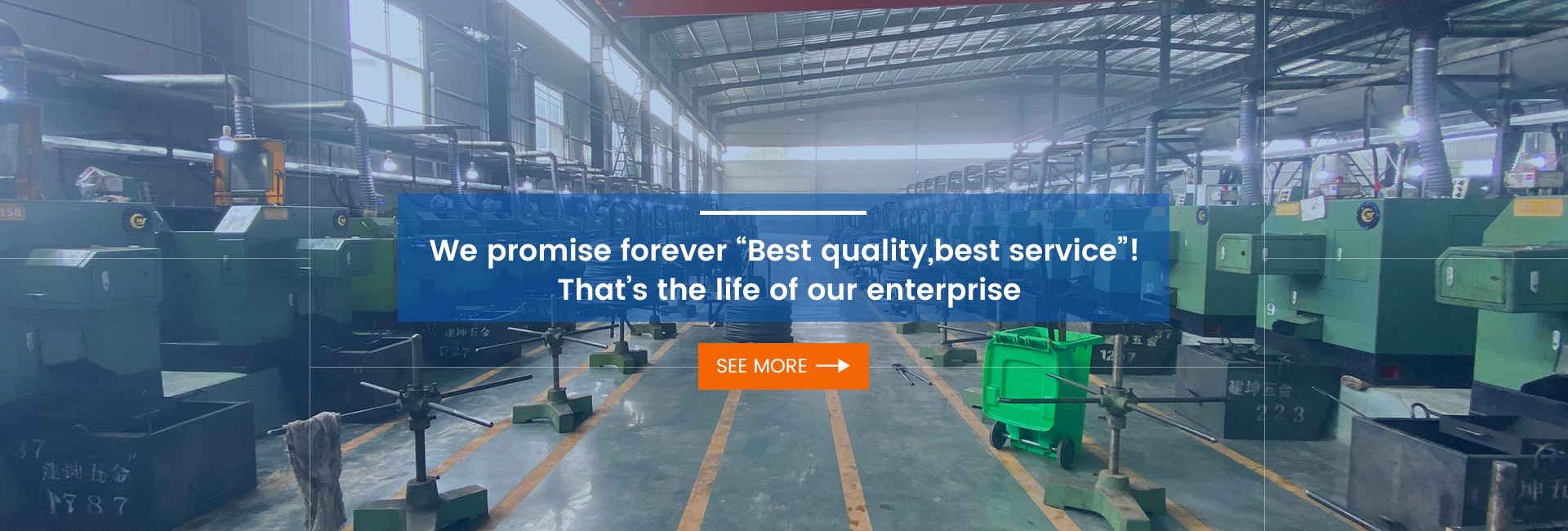Staples, as indispensable tools in the construction and manufacturing industries, are widely appreciated for their diverse applications and significant advantages. Despite their small size, they play a crucial role in various projects.
1. Basic Overview of Staples
A staple is a short, sturdy nail typically used to fasten two materials together. Its design aims to provide strong fastening power while being easy to install and remove. There are many types of staples, each with its unique characteristics and uses.
2. Main Types of Staples
Common types of staples include:
- U-type Staples: These staples are typically used for securing cables and wires. Their U-type design allows them to firmly grip the wires, preventing movement or damage.
- T-type Staples: These staples are suitable for fastening thin boards. Their T-type design provides a larger surface contact area, enhancing the stability of the fastening.
- C-type Staples: These staples are often used for securing soft materials such as fabric and leather, preventing damage to the material’s surface.
3. Wide Applications of Staples
Staples are widely used in various fields, including construction, furniture manufacturing, decoration, and electrical work. For example:
- Construction: In construction, staples are often used to secure wood, drywall, and other building materials, ensuring the stability and safety of structures.
- Furniture Manufacturing: Staples are used to join wooden boards and other materials in furniture manufacturing, ensuring the durability and robustness of the furniture.
- Decoration: In interior decoration, staples are used to fasten various decorative materials such as carpets, wallpapers, and decorative panels.
- Electrical Work: In electrical engineering, staples are used to secure wires and cables, ensuring neat and safe wiring.
4. Major Advantages of Staples
Staples are widely used mainly due to the following notable advantages:
- Easy Installation: Staples are very convenient to use and can be quickly installed with simple tools, greatly improving work efficiency.
- Strong Fastening: Staples provide strong fastening power, ensuring a secure connection between materials.
- Wide Applicability: Staples can be applied to various materials and situations, making them highly versatile.
- Cost-Effective: Staples are inexpensive but perform excellently, making them a cost-effective fastening solution.
5. Future Prospects of Staples
As technology continues to advance, the manufacturing processes and materials of staples are also constantly improving. In the future, the application of environmentally friendly materials and the development of intelligent production technologies will further enhance the performance and environmental friendliness of staples. Additionally, the production of customized staples will become possible, meeting more specific needs.
Conclusion
Staples, though small in size, play an important role in modern industry and construction. Through continuous technological innovation and improvement, staples will continue to provide efficient and reliable solutions for various industries. Whether on a construction site or in home renovation, staples will always be a trustworthy choice.
Post time: Jul-03-2024



